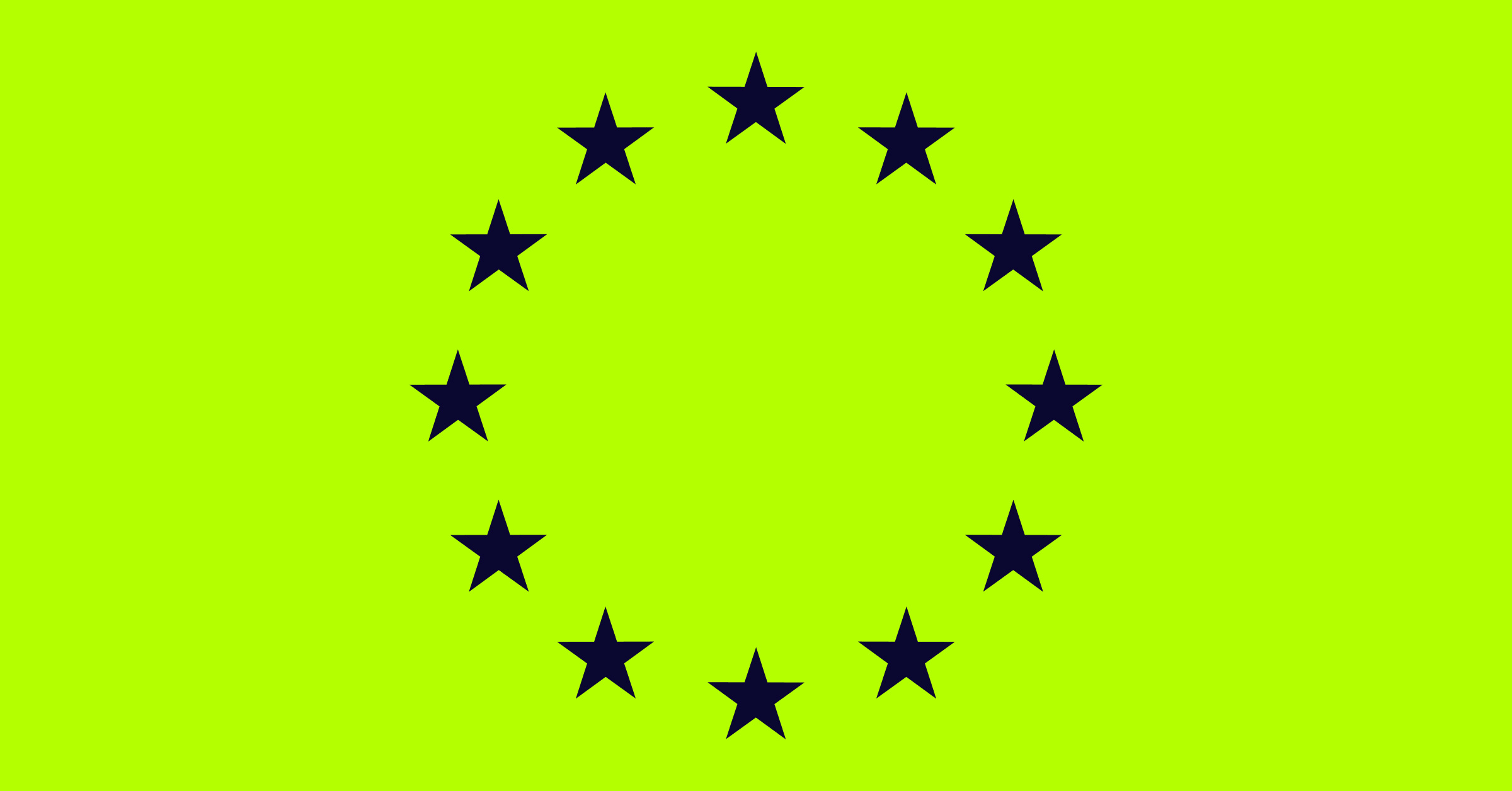Navigating new regulatory waters: MiCA and DORA in Europe

Since the birth of Bitcoin in 2009, the crypto industry has grown exponentially, with thousands of coins and tokens now being used worldwide. Governments are finally taking it seriously, introducing regulation in a similar vein to that already in place for traditional finance.
The European Union, in particular, is ahead of the game when it comes to crypto regulation. In June 2023, the Markets in Crypto-Assets Regulation (MiCA), a regulatory framework to govern the industry, came into force. It took full effect on 30th December 2024, and all its provisions now apply to crypto-asset service providers or issuers.
MiCA is complemented by the Digital Operational Resilience Act (DORA), which focuses on the operational resilience of crypto service providers and other financial institutions. Its main emphasis is on risk management, and firms must ensure their information and communication technology (ICT) and third-party risk management frameworks meet the resilience standards stated in the legislation.
Why regulation?
Cryptocurrency emerged because people were unhappy with how central banks and governments controlled their money and the fees they charged to make transactions. They wanted a secure and transparent way to record transactions, so they turned to blockchain technology. It has grown into a trillion-dollar industry, hitting $3.2 trillion total market capitalisation in late 2024; the sheer size dictating the same protections to investors offered by traditional financial institutions and their regulators must be introduced to the industry.
Consumer and investor protection
Protecting consumers and investors from the potential risks associated with crypto is the main driver behind the EU’s push for regulation. They want to safeguard them from fraud and market manipulation (where the price or behaviour of cryptocurrencies are artificially influenced), and ensure crypto service providers give their customers accurate and transparent information.
Financial stability
Using regulation, the EU aims to mitigate risks to the broader financial system. They feel that stablecoins and other significant crypto assets can impact financial stability: for example, the counterparty risk of a loss of confidence or potential financial instability should a stablecoin issuer not maintain adequate reserves. And as cryptocurrencies become more mainstream and interact with traditional finance, instability in the crypto market could spill into the broader financial system.
Combatting financial crime
To reduce opportunities for financial crime, such as hacks, Ponzi schemes and cyber attacks, regulators have introduced anti-money laundering (AML) and counter-terrorism financing (CTF) measures in the crypto industry. By ensuring that crypto firms have strict know-your-customer (KYC) and reporting requirements, regulators seek to reduce fraud and make it harder for criminals to use the industry for illicit activities.
Promoting innovation and competition
The EU also recognises that regulation will give the crypto industry the clarity needed to attract crypto businesses to the region and encourage innovation and growth.
Creating a level playing field by making crypto service providers play by the same rules and regulations fosters a competitive environment. Regulation also enhances trust and confidence for consumers and investors, encouraging more organisations to enter the market, increasing competition, and giving crypto users more choices.
How CoinCover can support organisations to exceed regulatory requirements
If you’re a crypto firm based in Europe adapting to meet the new regulatory requirements of MiCA and DORA, CoinCover's disaster recovery proposition, ReCOVER, offers a robust solution to help you navigate these changes.
Ensuring operational resilience
DORA emphasises the need for crypto service providers to protect their customers' assets by having measures to minimise the risk of loss of access. ReCOVER provides a framework for securing private key material needed to recover access to your digital assets should you lose access to them. Encrypted key material is stored in several secure and geographically separated environments, accessible only by security-vetted staff. Our service operates 24/7, meaning you can quickly restore access to your assets if there's a disaster, fulfilling DORA's requirements for ICT risk management and operational resilience.
Incident reporting and response
ReCOVER also supports DORA's requirements for effective incident management and timely incident reporting. Our rapid response capability and industry-leading recovery SLA of 30 minutes means you can quickly recover your key material and resume operations, with minimum disruption for your customers.
Third-party risk management
CoinCover acts as a trusted third-party service provider, bringing an extra layer of resilience to protect your digital assets. We’re the longest-standing provider of disaster recovery services in the market and have developed advanced security measures to protect private key materials. Our ultra-fast recovery service provides an effective solution for incident management, speeding up your response times to any ICT-related incidents. We also support your operational resilience by helping you develop and test your business continuity plans.
Compliance with MiCA's investor protection requirements
CoinCover's ReCOVER service helps you demonstrate your commitment to protecting clients' assets, a critical aspect of MiCA's investor protection requirements, minimising the risk of financial loss and reputational damage.
Market Integrity and Financial Stability
By providing a tried and tested, secure and resilient framework for managing private key materials, CoinCover supports MiCA's goals of market integrity and financial stability. You can confidently operate within the regulatory framework, knowing that you and your customers’ assets are protected against potential disasters by the most experienced provider in the market.
Conclusion
Introducing MiCA and DORA is a significant and positive moment for the crypto industry. By providing a regulated and secure European crypto market, we empower a broader audience to access and invest in crypto safely. Using CoinCover's ReCOVER helps you confidently meet the new regulatory requirements and thrive in the evolving digital asset landscape. If you’d like to find out more, contact the team today.

